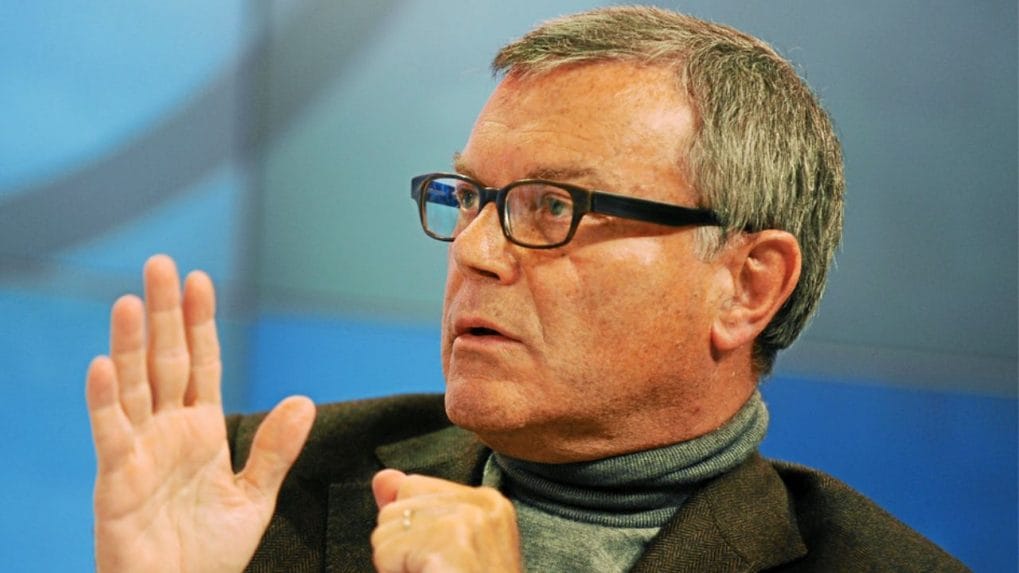Advertising
From Pink Slips to Silent Sidelining: Inside adland’s layoff and anxiety crisis

As global advertising faces slower growth and higher uncertainty, Sir Martin Sorrell, Founder and Executive Chairman, S4Capital/Monks argues that India’s promise could be capped by one critical factor: infrastructure. “Delhi and Mumbai, for instance, are already under huge strain. Productivity will be affected if infrastructure doesn’t keep up with growth,” he says.
“India’s backdrop is extremely strong. GDP growth of 5–6%, being the fifth largest economy, and favorable demographics compared to China give India an advantage,” Sorrell told Storyboard18. “The big challenge is infrastructure — both physical and digital. Delhi and Mumbai, for instance, are already under huge strain. Productivity will be affected if infrastructure doesn’t keep up with growth.”
Read More:Gurugram - global city or "global slum": Why does real estate thrive amidst civic failure?
Beyond India, Sorrell said the global economy is entering a far more uncertain phase, shaped by tariffs layered over geopolitical rifts. “Tariffs are layered on top of bigger geopolitical issues like US–China relations, Russia’s objectives, and Iran’s activities in the Middle East. These three issues are extremely difficult to deal with, despite what leaders may say. When you add tariffs, you get tremendous uncertainty.”
He added that the relatively stable 30–40 years of free trade, 3%+ global growth, low inflation, and low interest rates are over. “Now we are looking at slower growth, higher inflation, higher rates, and a fragmented world,” he said. In such a world, efficiency and effectiveness will be critical — with AI, blockchain, quantum computing, and the metaverse playing a central role.
On media buying, Sorrell reiterated his push for transparency: “You must run an open book. It’s remarkable that in this day and age, many clients still don’t know what they’re paying in certain markets like Japan. Dentsu and Hakuhodo, for instance, aren’t transparent on pricing.”
“At S4 we only buy digital — $5–6 billion of inventory from Google, Meta, Amazon, Tencent, TikTok, ByteDance, etc. — and do it on a transparent basis, charging a fee. The holding companies are now trying ‘proprietary media buying on an open basis,’ which is really transparently untransparent. I don’t think it will last. In an era of blockchain and AI, supply chains will be shortened and exposed, making hidden volume discounts a thing of the past.”
Sorrell was equally blunt on industry consolidation, calling the Omnicom–IPG merger “a cost-cutting merger, not about growth.” He warned of churn: “We’ve already seen retention bonuses shrink from a year to six months — that signals churn. With 127,500 staff pre-deal, I doubt more than 110,000–115,000 will remain. It’s about cost savings, not revenue synergies.”
On WPP, the group he founded, Sorrell was scathing: “WPP is different — it’s about poor leadership and brand mismanagement. Iconic names like Thomson, Ogilvy, Y&R, Wonderman, even AKQA, have been humbled. Putting Gray under Ogilvy — when Gray’s biggest client was P&G and Ogilvy’s was Unilever — was a disastrous move. It sends shivers through CMOs.”
He added that WPP’s appointment of former Microsoft executive Cindy Rose as CEO “remains to be seen,” but reiterated his view that the company should be broken up. “The argument for an integrated whole doesn’t hold up — specialization is more valuable in today’s market. Motivation within WPP has collapsed, and fixing that will be difficult.”
From purpose-driven work and narrative-rich brand films to AI-enabled ideas and creator-led collaborations, the awards reflect the full spectrum of modern creativity.
Read MoreLooking ahead to the close of 2025 and into 2026, Sorrell sees technology platforms as the clear winners. He described them as “nation states in their own right”, with market capitalisations that exceed the GDPs of many countries.